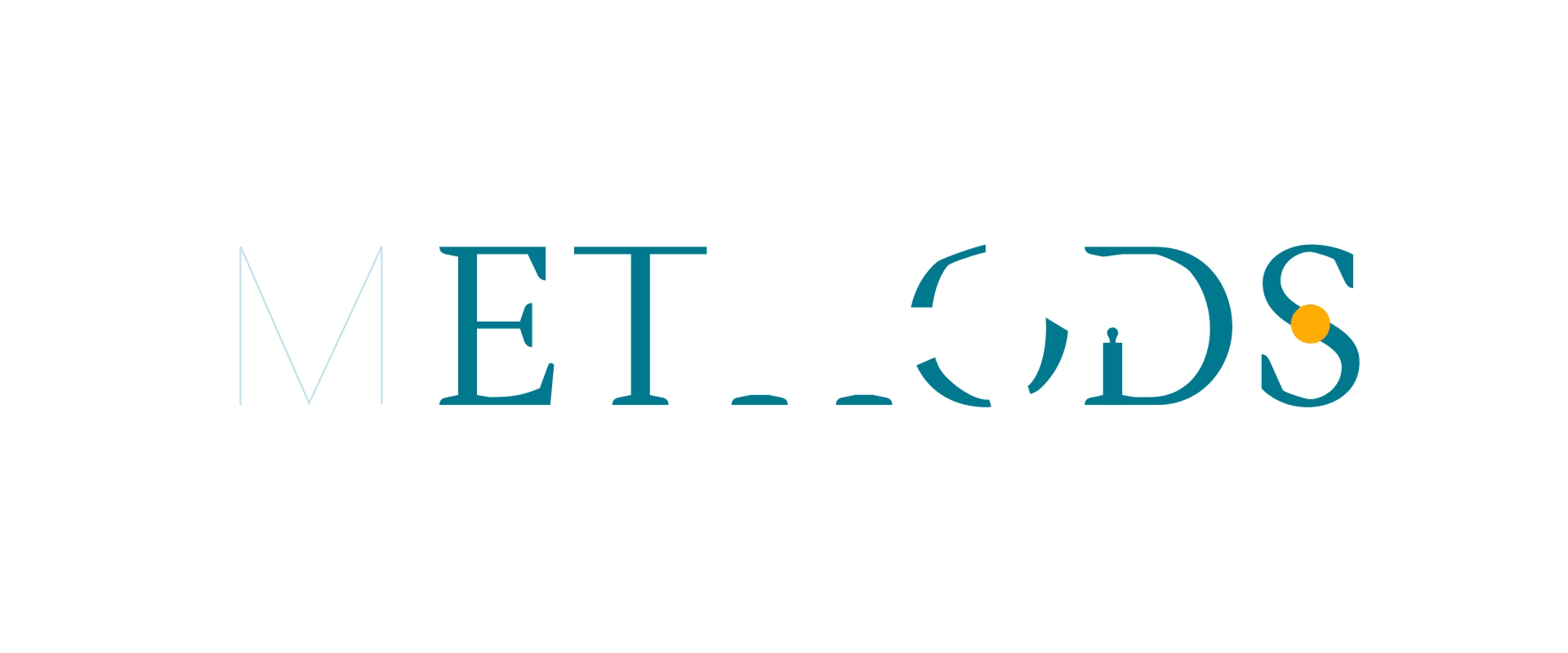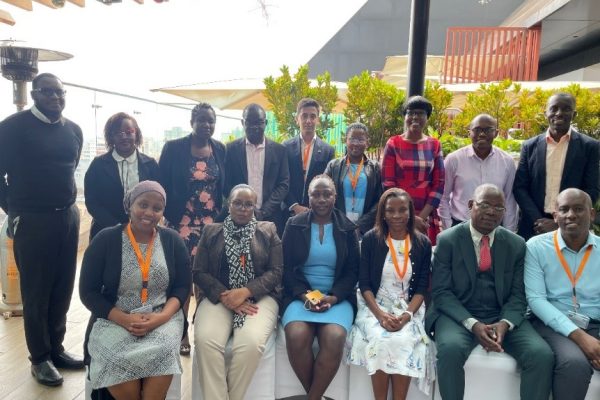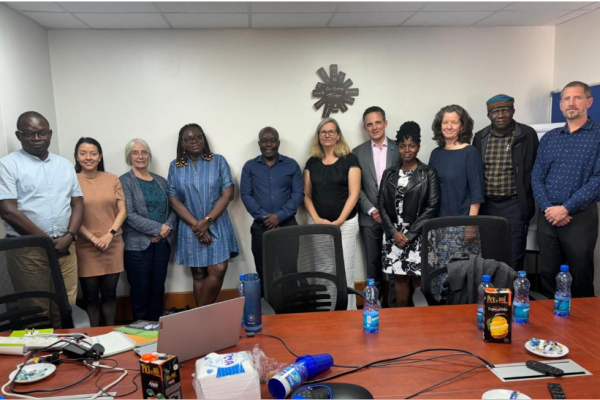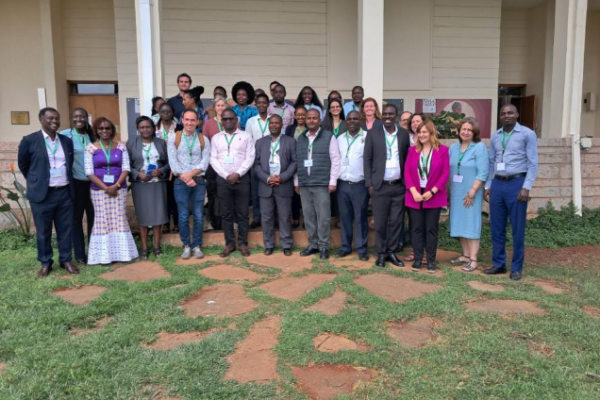The Power and Methods webinar was hosted by ARIN on March 5th ,2021. The webinar sought to explore the application of theories and methodologies in science and research, ways in which power dynamics shift and influence the interactions with these methods, and the options available for decolonizing methods. The session brought together a rich panel of scholars, researchers, conservationists, ARIN fellows and other participants who actively engaged in exploring the question of decoloniality in power and methods.
The webinar started with a presentation on the meaning of coloniality and decoloniality of power and methods, and the complementarity and dimensionality of the said methods. In the plenary, the discussion delved further into a reflective session in which the panelists examined their interactions with power in their respective fields (academics, research, conservation, diplomacy etc.), and the possibilities of challenging the incumbency. Further, the discussions questioned whether there was a legitimate ‘homegrown’ solution that could be used effectively and efficiently in place of the widely accepted and used colonial methods.
This webinar sparked conversation on the meaning of decoloniality in the global South. Whether it translates to doing away with the old ‘colonial’ methods and adapting new ‘decolonized’ methods, bridging gaps in decoloniality, or exploring ways in which new methods can be legitimized. From the discussions, it was clear that decolonizing power and methods is a complex process, that calls for all disciplines to create safe spaces for all voices. Methods that incorporate indigenous knowledge and promote redistribution of power are paramount in decolonization of methods. These actions will challenge power as presently constituted, and ultimately lead to a paradigm shift in the global south that will rein in coloniality.
Read more here




